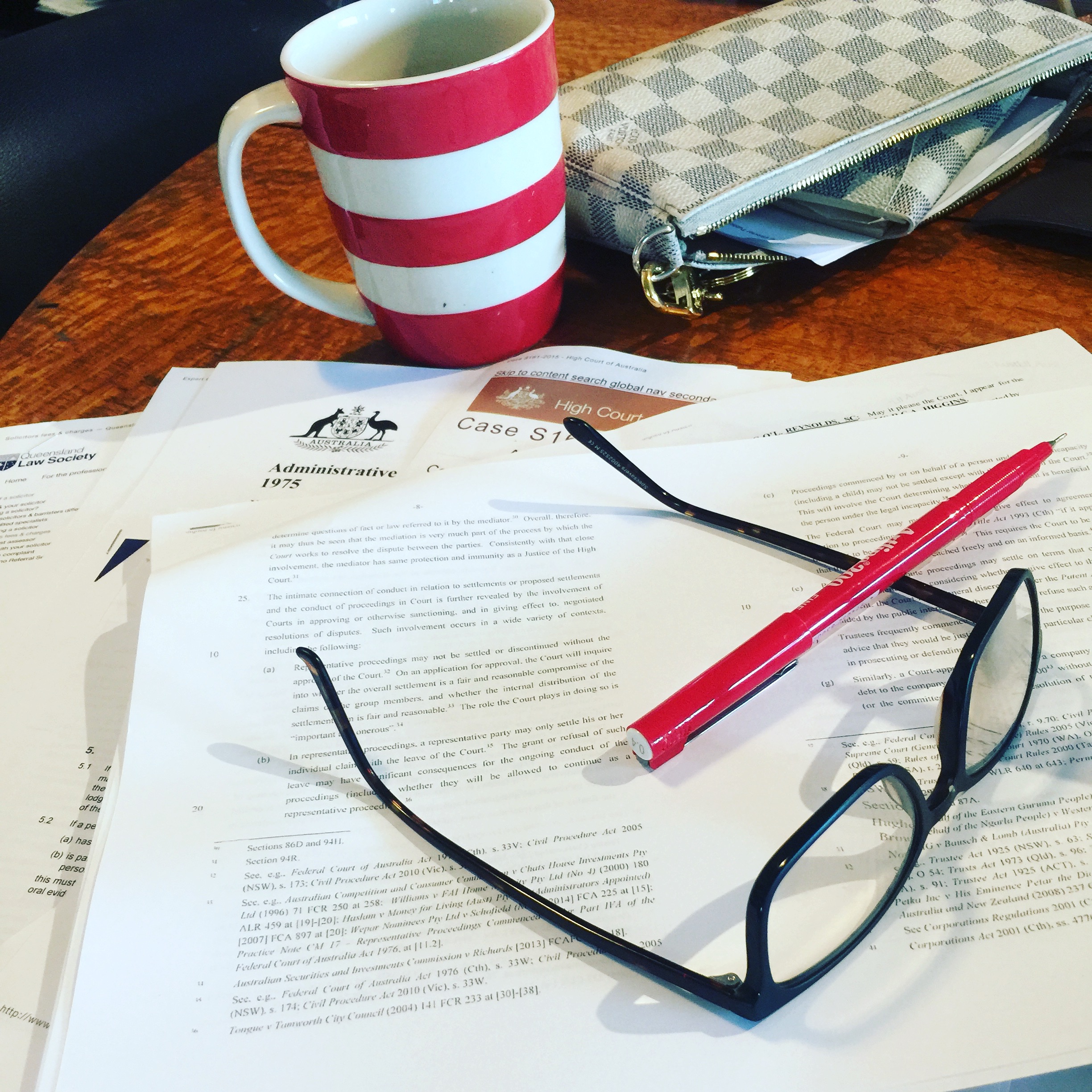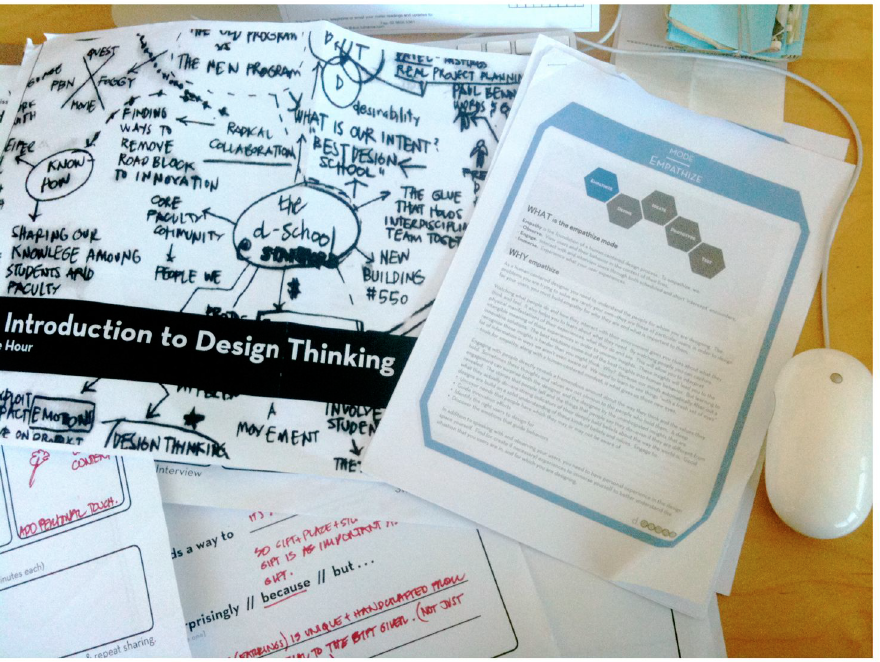Brand + Business x Christine Moody*

I never tire of hearing inspirational stories of resilience, particularly those of resilient women. And this last week was no exception.
As a guest of EY, I attended the inaugural Resilient Women 2016 conference in Sydney, Australia, last Friday. The conference appealed to me as I have recently written a book about my own personal resilience—Designer Law School: Legal lessons for design entrepreneurs. The conference was an entire day dedicated to hearing from inspirational female leaders.
The Master of Ceremonies was Jane Caro and she was brilliant at guiding us through a jam-packed day. Jane also gave personal insights about her life, sharing some of the many inspiring stories we would hear throughout the day. When the day kicked off with a ‘Welcome to Country’ by Yvonne Weldon and the ‘Official Welcome’ by Lynn Kraus, Managing Partner, Oceania Markets and Managing Partner, EY Sydney, we all knew we were in for a special day. And special it was!
From ‘The Financial Fairytale’ presented by Melissa Browne, Entrepreneur, Author, Accountant and 100 Women of Influence; to ‘Resilient Women Across the Globe’ by Professor Elaine Kempson, Director, Personal Finance Research Centre, University of Bristol, UK; and the post-lunch panel ‘Sharing the Stories of Resilient Women’ with Christine Nixon APM interviewing Beth Mathison, Telstra Business Women of the Year 2105; and Basia Emanual, a No Interest Loan Scheme client—the day lived up to my expectations. Real stories, real problems, real resilience, real women! Inspiring but more importantly for me, motivating!
The final event of the day–a panel entitled ‘The Money Story’–was one of my favourites, featuring three of the most inspiring and authentic women I’ve ever had the privilege to hear from. Amanda Young, CEO, First Nations Foundation; Tanya Hosch, Head of Diversity and Inclusion, AFL; and Shelley Cable, Finance Analyst, Shell + Project Director, 100 Days of Deadly Mob, told their personal stories about their lives and how they succeed in a world that is far from easy. But at the end of the day, it is being part of and giving back to their community that continues to drive these amazing women. It’s not the individual but the community successes they celebrate!
For me the big take-outs were:
- A partner (or ‘Prince Charming’) is not a financial plan for any woman
- If you need help, ask for it!
- You are so much stronger than you think you are
- Just keep going, no matter what is thrown at you!
- Enjoy the journey because you learn more about yourself during the hard times.
For more information on the speakers and the program: Resilient Women
As an aside, here is another comment about my book inspired by my own personal resilience—Designer Law School. Legal lessons for design entrepreneurs:
Innovators and entrepreneurs starting small businesses need access to an ecosystem of support services. But, to get through the ‘start-up’ phase of a new entity we sometimes only have budget to help/hire ourselves. Designer Law School will allow you to get your head around the basics of legal frameworks whilst starting a company. With sage advice, and a great sense of humour, there are many lessons to be learned and experiences to be shared. I devoured this book with relish, and would recommend to any new small business owner.
Dr. Catherine Ball, CEO and Founder, Elemental Strategy
…………………………………………….
*Christine Moody is one of Australia’s leading brand strategists and the founder brand management consultancy, Brand Audits. With more than 30 years’ professional experience, Christine has helped a diverse client base of local and international brands, including Gold Coast City Council, Hilton Hotels and Wrigleys USA, to develop, protect and achieve brand differentiation. Her particular interest is personal brand audits to assist executives realise their full potential. She is also an author and a law student.
For more information: chris.moody@brandaudits.com.au or +61 419 888 468.
…………………………………………….
About—Designer Law School. Legal lessons for design entrepreneurs (Stockists Folio Books: Folio@FolioBooks.com.au; iBook store; and Amazon)
Christine Moody is one of Australia’s leading brand strategists. She is the founder of brand management consultancy, Brand Audits, and several successful start-up companies. Designer Law School is her latest venture.
This book is a cautionary tale for all designers, entrepreneurs, managers and educators. With the wit and wisdom born of long experience (and some pretty hard knocks along the way), Christine encourages her fellow designers (and all designers, creatives and entrepreneurs, for that matter) to respect and understand the legal issues that affect their daily business. In a series of practical ‘lessons’ full of ‘good-to-know’ tips and topics, the book alerts others to the risks of ‘doing business’ without a keen eye on the possible legal pitfalls along the way. At the same time, Christine engages the reader through her obvious care and concern for their challenges and encases her ‘lessons’ in the motivational framework of her personal struggle for justice and survival.
Photo credit: View from EY Sydney offices—Resilient Women 2016 conference x Christine Moody.


